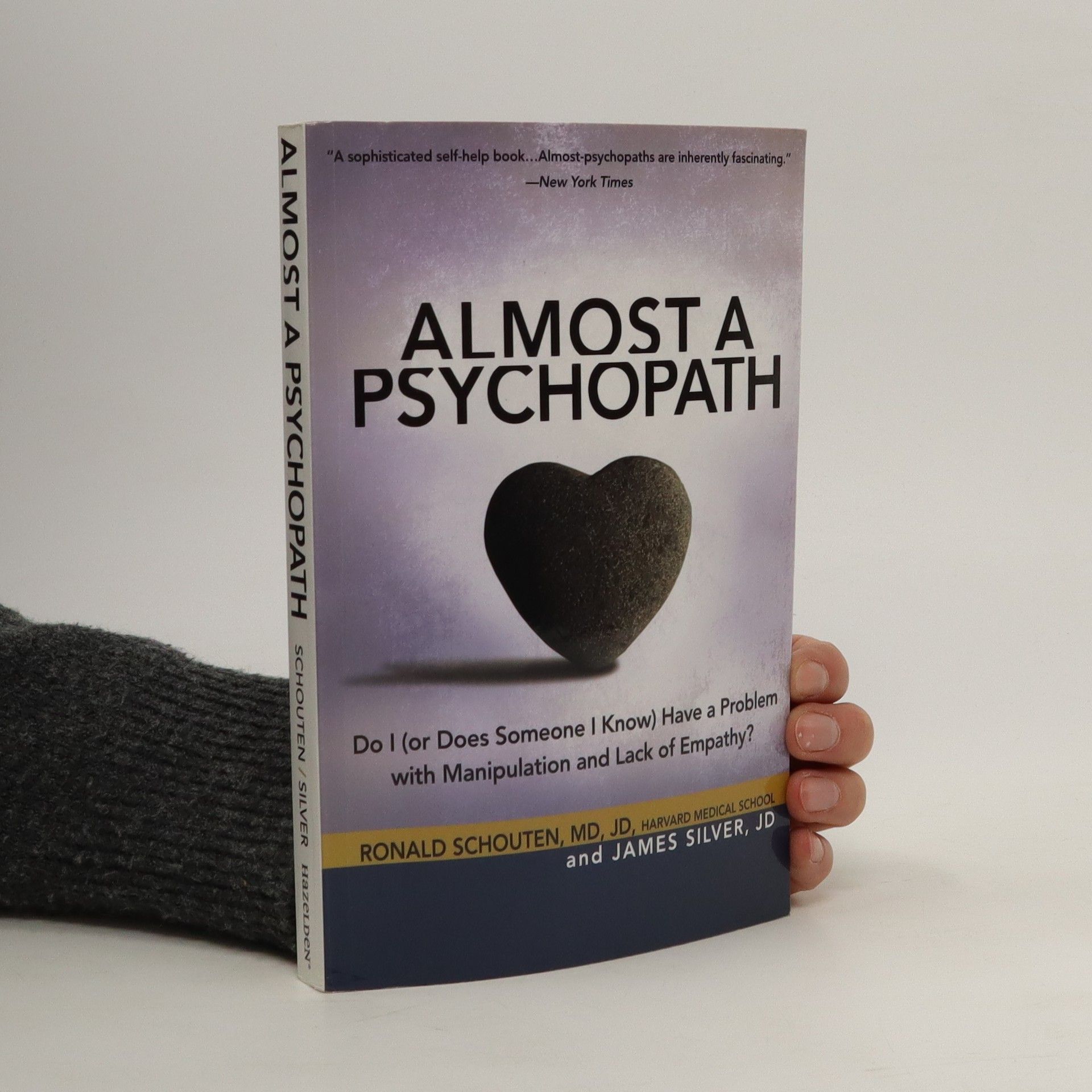Minor problems to major predators. Setting the stage ; What is a psychopath? ; The almost psychopath ; Could it be something else? -- Dealing with almost psychopaths in our lives. Living with an almost psychopath ; Recognizing almost psychopathic traits in children ; Working with an almost psychopath ; Confronting child abuse by almost psychopaths ; Adults as victims : confronting almost psychopaths in the helping professions ; Sick or slick? : malingering and manipulation of illness ; What to do when you find yourself in almost psychopath territory -- Appendix A. Diagnostic criteria for antisocial personality disorder -- Appendix B. Defining a mental disorder using the axes of the diagnostic and Statistical Manual of Mental Disorders (DSM-IV-TR)
Jim Silver Books
Jim Silver is a distinguished professor and chair of the Department of Urban and Inner-City Studies at the University of Winnipeg. His research interests lie in inner-city issues, poverty, and community development. Silver is a pivotal figure in research and initiatives focused on housing and neighborhood revitalization, particularly within the context of community-based solutions for Indigenous and inner-city poverty.


Scoundrels and Shirkers examines the deep relationship between capitalism and poverty in England since the 12th century. It exposes the dynamics of capitalism, from its origins in the long transition from feudalism to its current crisis under neoliberal capitalism, in producing poverty. The book, unique in the historical breadth of its focus, shows conclusively that poverty is an inevitable consequence of capitalism. In the search for profits and control of society's economic surplus, capitalism expands, adapts and innovates, producing not only commodities and wealth but also, and necessarily, poverty. With the partial but important exception of the 1945-51 period, and to a lesser extent the time between 1906 and 1914, there has never been a serious attempt to solve poverty. Efforts have always been to manage and control the poor to prevent them from starving or rebelling; to punish and blame them for being poor; and to force them into poverty-level jobs. Any real solution would require the logic of capitalism to be deeply disrupted. While possible in theory, such a change will require massive social movements.